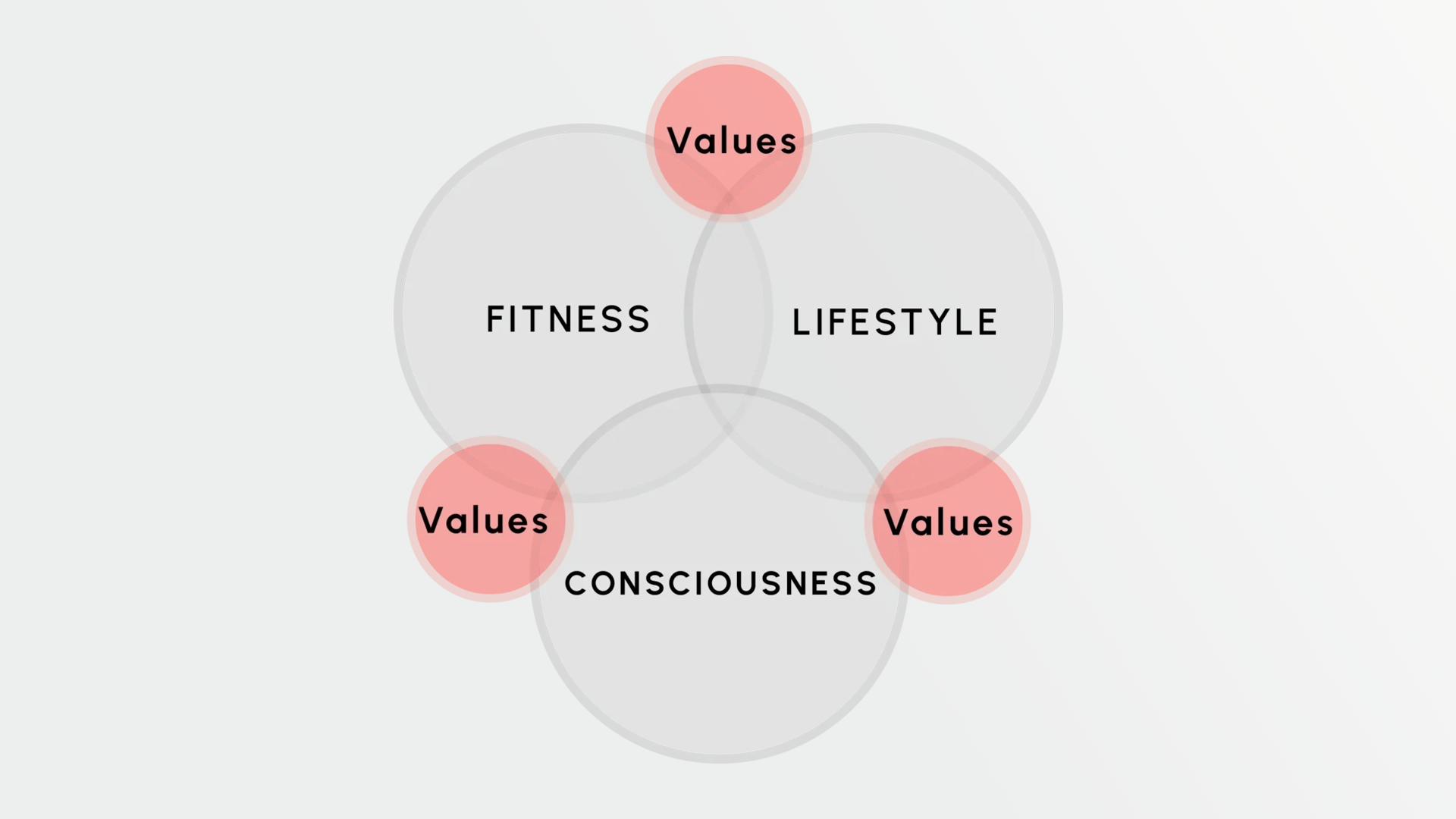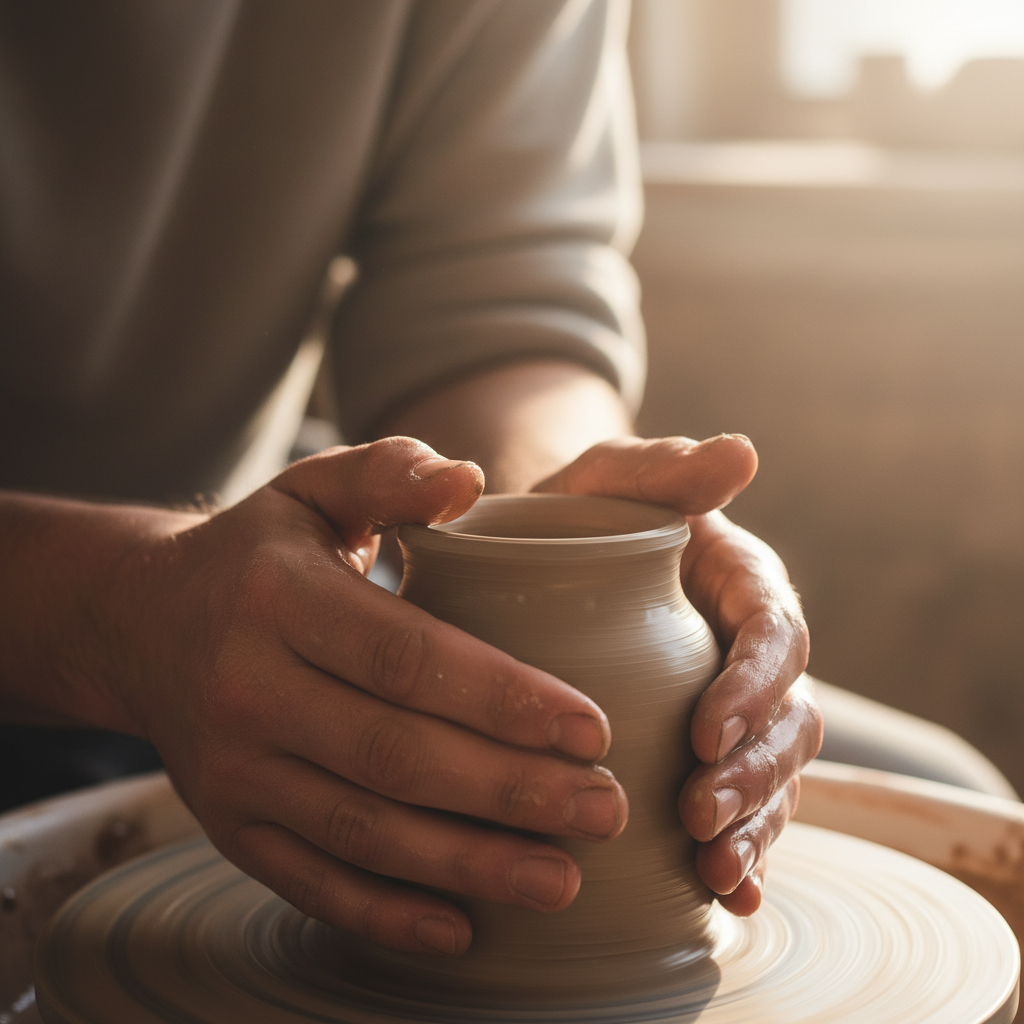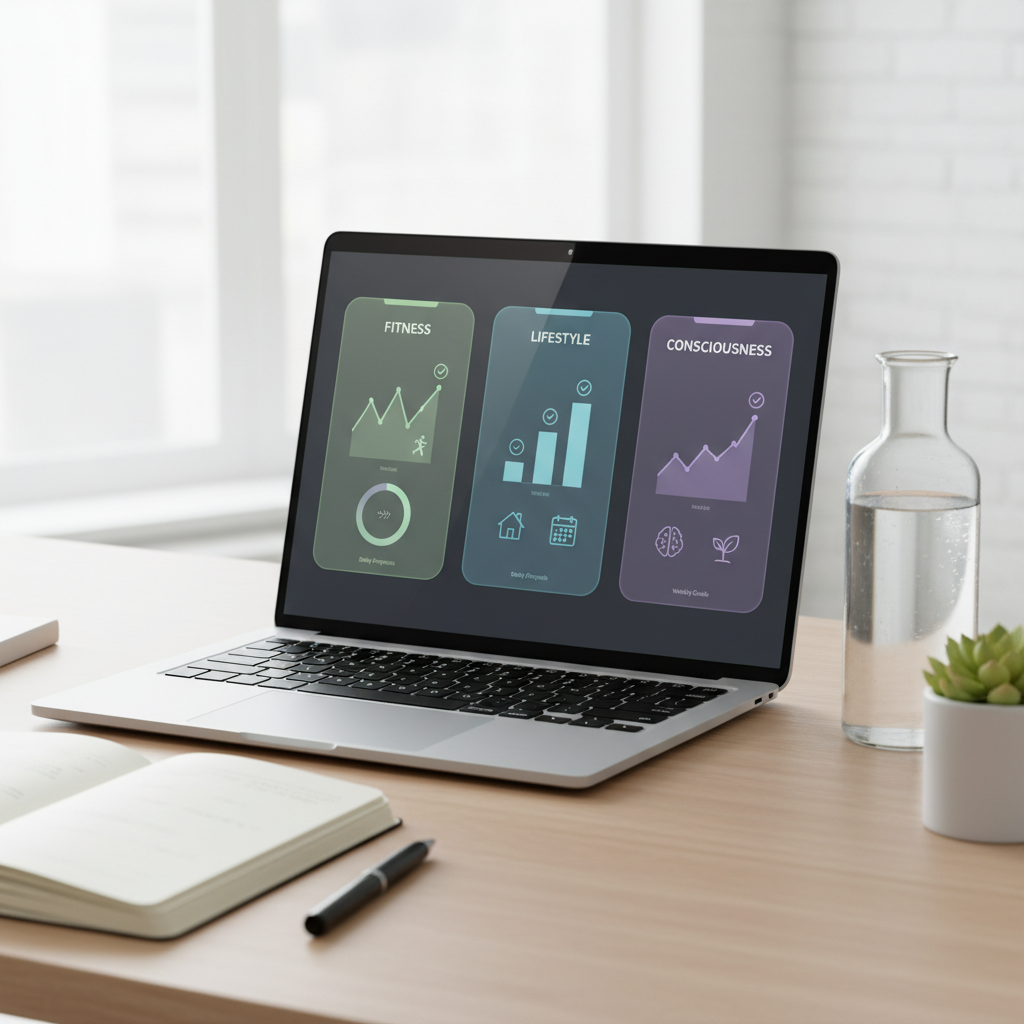By Nancy Jamison
“If you only train your body, you’ll miss the parts of you that keep sabotaging your success.”
You can follow every meal plan, hit every workout, and still feel stuck. You can lose weight, gain strength, and still feel anxious, burned out, or disconnected.
That’s not failure. That’s feedback.
Most people plateau in their health because they’re only playing one dimension of the game.
At the YourDay Balance Game (YDBG), we’ve coached thousands of players through real, sustainable transformation. And what we’ve discovered is simple:
True health is 3-dimensional.
- 20% Fitness
- 30% Lifestyle
- 50% Consciousness
This unique health formula is at the core of our methodology. And once you understand it, you’ll never look at your wellness journey the same way again.
Most People Are Overtrained and Underdeveloped
Take a look at the average person trying to “get healthy.”
They sign up for a gym membership. They try intermittent fasting. They push themselves into stricter routines and stricter discipline. For a while, it works. The scale moves and the pants fit better.
But then the stress hits, the habits fall apart and the shame rolls in.
Suddenly they’re back at square one, wondering why the results won’t stick.
That’s because the body was trained—yet the mindset, lifestyle, and consciousness were left behind.
Dimension 1: Fitness (20%)
Fitness is what most people think of first. It includes strength, flexibility, endurance, and body composition. These are the visible signs of effort, and they do matter.
In the YDBG, we assess fitness through a quarterly GameDay, where players measure real progress with feedback from certified Officators.
Yet fitness only accounts for 20% of your total health. Because physical capacity alone doesn’t prevent emotional breakdowns, burnout, or unhealthy patterns. If it did, elite athletes would never struggle with addiction, depression, or self-sabotage.
Fitness builds capacity yet capacity means nothing without direction.
Dimension 2: Lifestyle (30%)
Lifestyle includes your daily habits—what you eat, how you sleep, how much water you drink, and how you manage time, stress, and environment.
We measure lifestyle through the YDBG Trust App, which turns healthy habits into measurable deposits. When you consistently deposit into yourself—across nutrition, hydration, rest, and activity—you begin to build SELF TRUST.
Let’s take a real-life example.
You wake up and go for a run, but you only slept four hours, skipped water, and haven’t had a real meal since yesterday. You’re checking the “fitness” box, yet your lifestyle foundation is shaky.
That imbalance leads to inconsistency. And inconsistency leads to frustration.
That’s why lifestyle accounts for 30% of your total health. It’s the scaffolding that supports your progress.
Dimension 3: Consciousness (50%)
This is where the biggest transformations happen and where most programs fall short.
Consciousness is your awareness of how you think, feel, react, and relate. It includes your emotional maturity, your ability to stay accountable, and your relationship to yourself and others.
At YDBG, we measure consciousness through feedback, community engagement, and your ability to stay above the line, meaning living by principles instead of reacting from fear or ego.
Here’s what this looks like in real life:
- A player keeps missing workouts—not because they’re lazy, but because they’re overwhelmed and afraid of failing again.
- Another player is hitting all their nutrition goals, yet still seeks external validation and feels unworthy.
- A high-performing executive gets results fast, yet melts down when receiving feedback from their coach.
In every case, the missing link is consciousness. You can’t out-train or out-diet an unconscious pattern which is why consciousness makes up 50% of the health formula.
The A.I.M. Methodology: A Tool for Whole-Life Transformation
To integrate all three dimensions, we use the A.I.M. Methodology: Activate. Integrate. Measure.
Activate
Get into motion. Choose a habit, make a deposit, take a bold step. This is where the journey begins.
Integrate
Reflect on the experience. Talk to your Trust Team or your coaches. Learn from your wins AND your resistance then allow the insights to sink in.
Measure
Use tools like the Say/Do Ratio, Balance Score, and GameDay to see how consistently you’re growing. Let the data guide you—not shame you.
A.I.M. is not just a checklist. It’s a full-spectrum framework for transforming your body, your habits, and your consciousness. And it works because it honors the whole human, not just the physical shell.
Ready to Upgrade How You Define Health?
If you’ve been putting all your energy into exercise and “discipline” yet still feel like something’s missing, this is your invitation to expand.
Stop chasing short-term results and start building a principle-centered, data-informed, deeply aligned foundation for wellness.
Health isn’t a quick fix. It’s a conscious game. And you are worth playing with all three dimensions activated!







